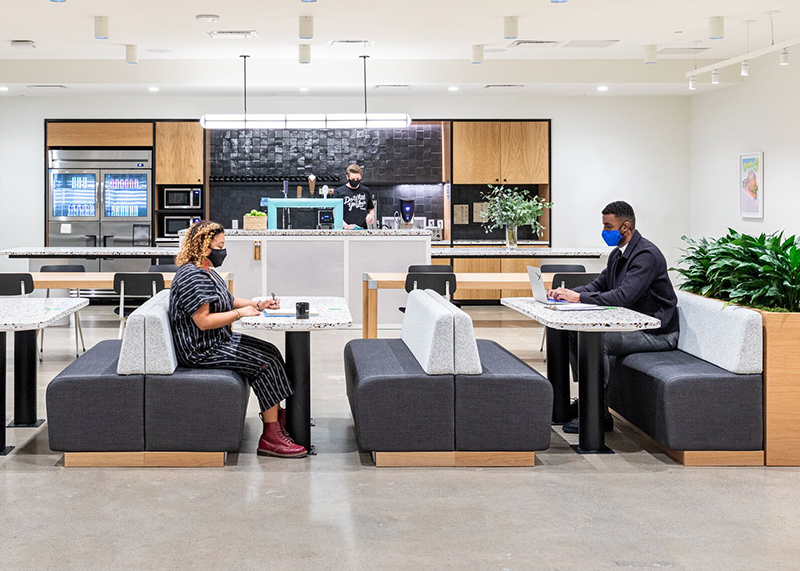The COVID-19 pandemic has forced businesses of all sizes to adapt to a new way of working. Many companies have moved to a remote work model, while others have adopted a hybrid approach that combines remote and in-office work.
There are a number of factors that businessideaus need to consider when deciding on the best work model for their employees. These factors include the nature of the work, the needs of the employees, and the company’s culture.
For some businesses, a remote work model may be the best option. This is especially true for businesses that offer customer-facing services, such as customer service or sales. These businesses can save money on office space and other overhead costs by allowing employees to work from home.
Other businesses may find that a hybrid work model is the best fit. This model allows employees to work from home some days of the week and come into the office on other days. This can help to create a better work-life balance for employees and can also help to foster collaboration and innovation.
Ultimately, the best work model for a business will depend on its specific circumstances. However, the future of work is likely to be hybrid, with employees spending some time working from home and some time working in the office.
Here are some of the benefits of a hybrid work model:
- Increased productivity: Employees who have a say in their work arrangements tend to be more productive.
- Improved work-life balance: Employees who can work from home some days of the week have more flexibility and can better manage their personal and professional lives.
- Reduced costs: Businesses can save money on office space and other overhead costs by allowing employees to work from home some days of the week.
- Increased collaboration: Employees who work in both the office and remotely can collaborate more easily and effectively.
- Enhanced innovation: Employees who have a change of scenery and can interact with different people can come up with new ideas and solutions.
Here are some of the challenges of a hybrid work model:
- Communication: It can be difficult to keep everyone in the loop when employees are working in different places.
- Culture: It can be challenging to maintain a strong company culture when employees are not always in the office.
- Technology: Businesses need to have the right technology in place to support a hybrid work model.
- Management: Managers need to be able to effectively manage employees who are working in different places.
The future of work is hybrid. Businesses that are able to successfully implement a hybrid work model will be well-positioned to attract and retain top talent.




